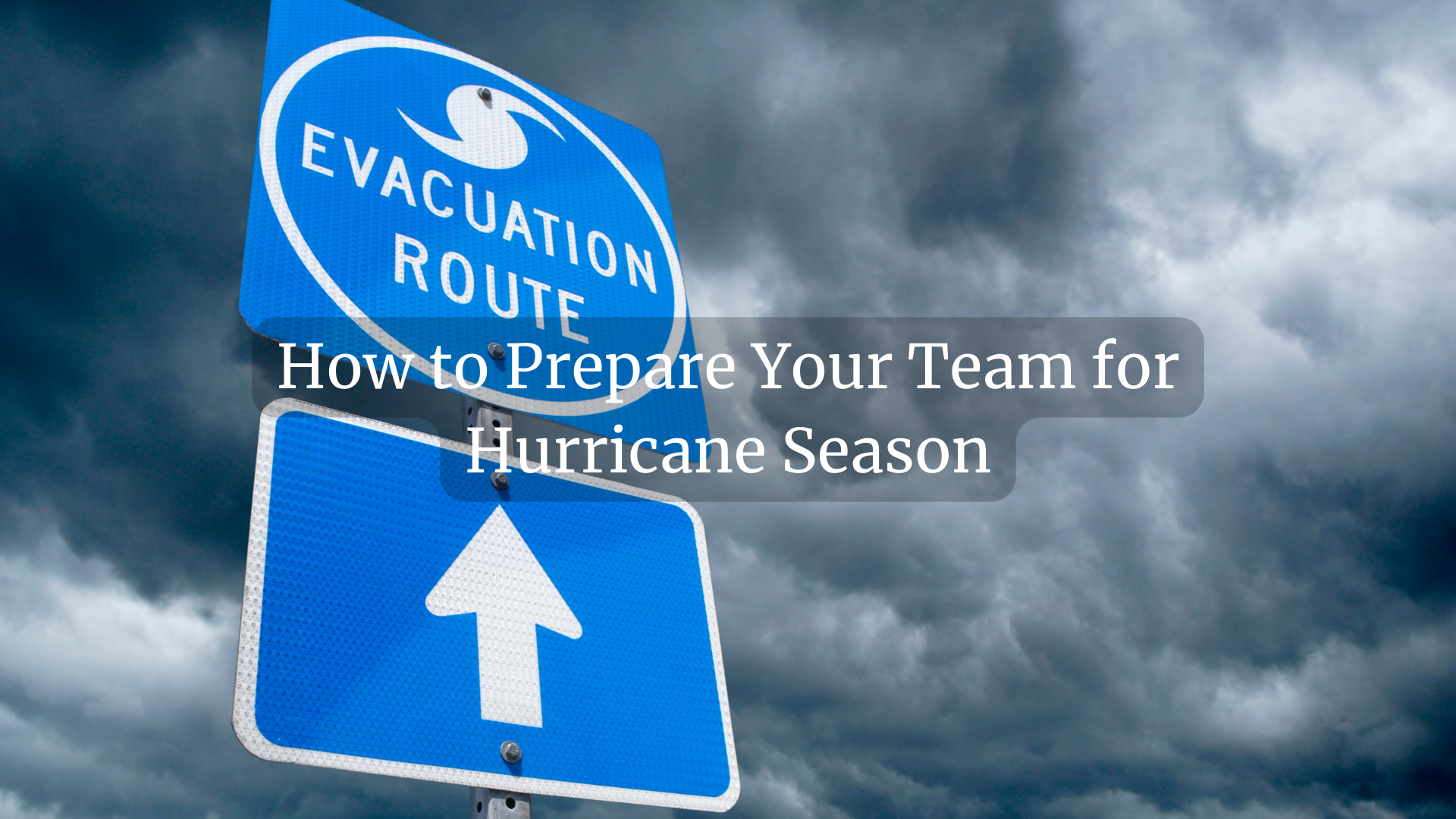The U.S. has officially entered summer storm season with tornadoes already touching down. Storms bring damage to homes, businesses, injuries, and sometimes death. The 2024 storm season is bringing new challenges to emergency responders.
Not only has Tornado Alley begun a clear shift toward the East Coast, but the timing of possible tornadoes also changed. This shift moves tornadoes to more populated areas putting more lives at risk.
Consequently, emergency teams need to prepare—specifically their communications tech. Read this article to determine which critical communications technology you need to add to or upgrade your lineup.
- Batteries
- Conditioners
- In-Vehicle Chargers
Batteries:
As hurricane season bears down on the U.S. emergency, organizations must prepare their communications technology. The first step for prepping two-way radios is making sure you have new or updated batteries.
Intrinsically safe batteries with an IP67 rating ensure that your radios will be powered in the harsh weather that hurricanes bring. With this rating, your battery can withstand getting wet from rain, dust from possible tornadoes, and extremely high temperatures.
Moreover, emergency workers operate longer than normal shifts during this dangerous season. Two-way radio batteries need to keep up with these long hours. New batteries on average work efficiently for 8-10 hours.
Sometimes a shift will be longer than 8-10 hours. We understand that carrying two rechargeable batteries is expensive, especially if the extra is lost. Therefore, we recommend always carrying a cheaper non-rechargeable battery while on a long shift.
Non-rechargeable batteries work just as well as a battery that can recharge. The price difference is because of the longevity of the battery. Non-rechargeable are used one time. Consequently, they should be treated as “emergency use” only.
Checking and updating your batteries while preparing for hurricane emergency response is a step that cannot be skipped. Two-way radio batteries are truly the first line of defense from no communication during an emergency response.
Conditioners:
After taking stock of your batteries and/or purchasing new ones, you will need to evaluate your ability to upkeep the batteries. Conditioning chargers maintain your battery health throughout the summer.
Before using new batteries, you will want to initialize them with a conditioner; this process teaches the battery to hold its full power. After initializing, you can continue to use the conditioning charger every time your battery needs to be charged.
If you leave your battery on a regular charger, you risk over or under-charging the battery. This can cause damage to the battery memory. Conditioners prevent this memory damage making them extremely important for disaster response.
Lastly, conditioning chargers recharge batteries faster than a normal charger. Efficiency is key during disaster responses.
In-Vehicle Chargers:
In-vehicle chargers are a great problem solver. For those who are on the road responding to emergencies, these chargers can be a life and time saver. In-vehicle chargers work while you are on the road which is great for those who are on patrol.
The chargers have a small footprint so you don’t have to worry about them interfering with your other in-vehicle technology. They are made to be rapid chargers so batteries reach full charge within 3-4 hours.
Make sure to get a charger that is compatible with your batteries—these chargers are not one type fits all. Most in-vehicle chargers can be hardwired into the vehicle so you are not wasting valuable outlet space.
Before beginning the hurricane season, your responders’ cars should be equipped with the necessary in-vehicle chargers for their specific batteries. This technology will keep your team connected without wasting precious time traveling back to the assembly point.
...
Thank you for taking the time to learn about these accessories. We hope this article reminded you of the importance of critical communication tools and to ensure your team is equipped with the most effective and efficient resources.


